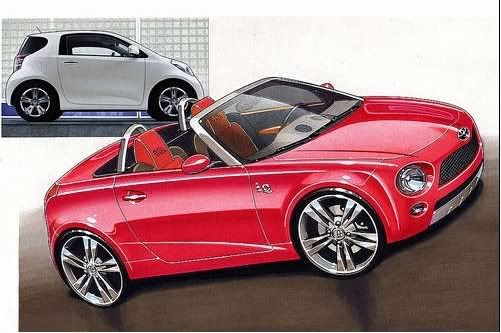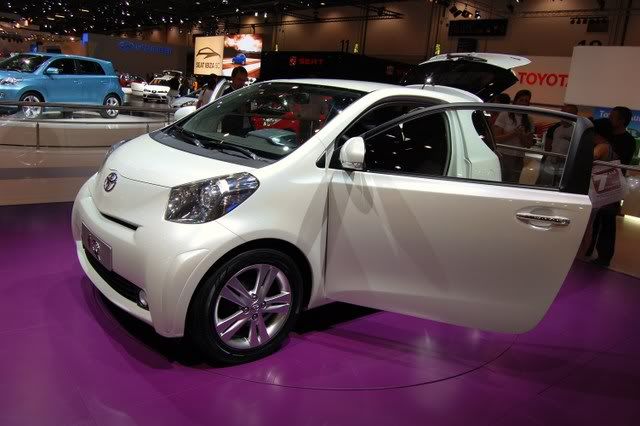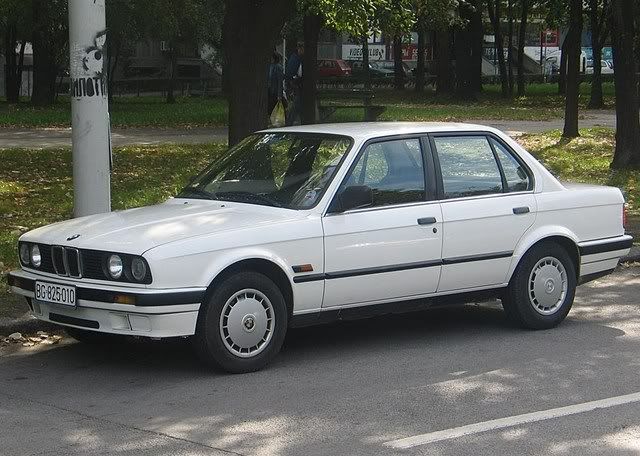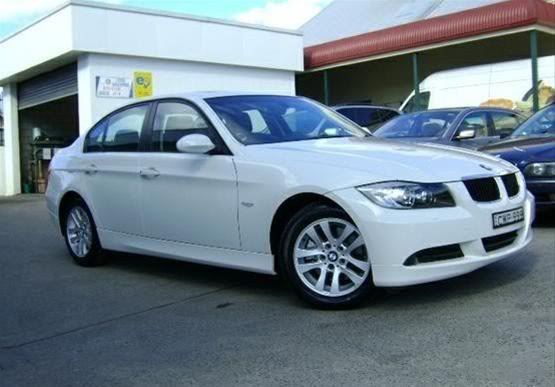
Image: Auto Motor und Sport
Early news indeed, so as of yet it's best to take the information with a pinch of salt, but it's promising nonetheless. The car would be perfectly placed to take up the gap in the market left after the tiny Smart Roadster departed and would prove a competitive rival to the Daihatsu Copen, the only other tiny sports car on the market at the moment.
Like the Copen, the iQ "Spider", as it's likely to be called, would be front-wheel drive, using the 1.0l and 1.3l engines and powertrain of the city car. This also means the car could potentially use the 1.4l diesel pencilled in for the regular iQ.
The regular iQ is due on sale January 2009 from around £10,000.

Image: ©Tarmac 2008






